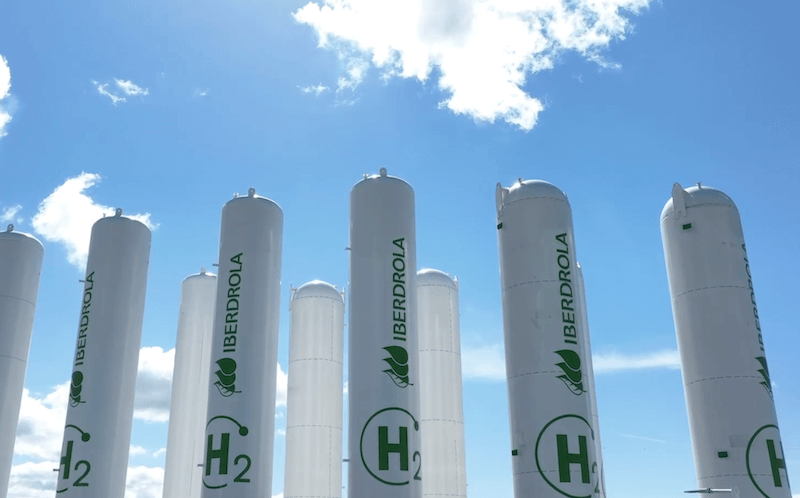%201800.jpg)
UK: Would hydrogen levy derail the sector?
The UK government's proposal for a levy on energy bills to support the installation of hydrogen infrastructure risks a backlash against the sector, critics have warned.
- The UK is mulling a new hydrogen levy to support the industry
- Critics warn this would raise energy bills and cause a backlash
- Alternatives emerge to help fill a reported gap of £3.5bn a year
The UK government’s plan for a levy on energy users to help the country’s nascent hydrogen sector is unfair and puts the industry’s future in the UK at risk. That is the warning from UK think tank Onward about the plan in the government’s Energy Bill.
Onward has also warned that any backlash against the hydrogen levy is a threat to the UK’s net zero ambitions too. But is it right? And, if so, are there alternatives that the UK government could consider to support the commercialisation of hydrogen?
Levy concerns
There is no shortage of developer interest in the UK green hydrogen sector.
Last week, Carlton Power and Schroders Greencoat set up a joint venture to develop 500MW of green hydrogen projects in the UK by 2030; last month, Kellas Midstream teamed up with RWE for a gigawatt-scale green hydrogen project in Teesside in the northeast of the UK; and we have previously reported on UK tender winners.
However, the sector is looking for further government investment in infrastructure to help green hydrogen in the UK achieve commercial maturity. The government wants to do this via provisions in its Energy Bill, which has been progressing in the House of Commons. This aim of the bill is to create a “cleaner, more affordable and more secure energy system for the long term” by investing in UK energy production.
But the bill’s proposed levy on consumer energy bills to support the development of hydrogen infrastructure in the UK has been attracting criticism, from politicians, think tanks including Onward, and private companies investing in hydrogen in the UK.
The criticism goes as follows. The UK government has said that hydrogen, including green hydrogen, is an essential technology if the UK is to achieve its net-zero goals; and could play a key role in reducing emissions in the industrial, power and transport industries. But there is also scepticism among politicians and the industry about how big a role hydrogen could play in heating homes, for cost and technical reasons.
Critics have argued that charging domestic energy users a levy to support growth of green hydrogen, which would not directly benefit their homes, would risk a backlash against the technology. Onward has claimed the levy would add £118 annually to a typical dual-fuel home energy bill, which is politically and economically unattractive in an era of high inflation. We can already see a media backlash against the levy, which would be harmful for both the hydrogen sector and the UK’s wider net-zero plans.
The UK government is targeting 10GW of low-carbon hydrogen production by 2030, which means the hydrogen industry requires a reported £3.5bn of financial support each year. But where is that going to come from if not from a levy on energy bills?
Other options
Finding an alternative to the levy is not easy. Given the pressure on public finances, the Treasury is unwilling to make direct support available for the hydrogen industry from its own funds, even if this helps to unlock investment in the sector and create jobs, and will also be wary about mechanisms that increase costs for energy firms that are then reflected in higher energy bills. Indeed, some commentators say they are opposed to the idea of any support and say the market should take its course.
But potential alternatives are starting to emerge.
For example, Onward has made a proposal that the UK could cooperate with the European Union on the carbon border adjustment mechanism, which the EU is due to bring into effect in October 2023 and become fully operational from 2026. This is set to impose a carbon import levy on goods originating from countries that lack an equivalent carbon pricing regime. The goal is to reduce pollution on imports.
By doing this, the UK can align itself with the EU and phase out the free allowances that it offers to stop firms moving overseas to avoid pollution costs. The think tank argued that redirecting this money towards supporting the hydrogen industry would avoid an extra levy that pushes up energy bills, while also supporting the sector.
We would expect other options to become clear after discussions between energy firms and the government and opposition parties.
